Alibaba is making comprehensive efforts in the field of AI, welcoming the arrival of the era of AI e-commerce.
According to exclusive information from LatePost, Alibaba's Taotian Group and International Digital Business Group have both established complete AI teams.
Specifically, Taotian Group has consolidated over 20 teams originally responsible for AI business into four teams, each responsible for Alibaba Mama, C-end consumers, B-end merchants, and industry-specific applications.
http://upload.cheaa.com/2023/1215/1702625751870
Among them, the team of B-end merchants is relatively mature, and the other three teams have drawn more employees to supplement their strength.
On the B-end, Taotian Group has launched AI tools such as intelligent generation of model images, official customer service robots, and the boundless version of Wanxiangtai. Among them, Wanxiangtai Unlimited Edition can help merchants analyze data, identify target users, and intelligently generate advertising content, etc; Wanxiang Laboratory can help businesses match more models and scenes for the same product, and produce product images in bulk.
On the C-end, Taobao also launched the AI intelligent assistant "Taobao Ask" this year, providing consumers with shopping advice, travel planning and other content.
At the same time, Taotian Group's relatively independent sub businesses, including 1688, have also begun to recruit their own AI teams. All products and technical personnel will be required to consider the feasibility of combining business and AI. The team plans to start product trials next quarter.
Taotian Group has trained its own large model product "Xingchen" (formerly known as "Turing"). According to insiders, the large model product will not be released to the public and will mainly be used for two businesses internally: search, advertising, and recommendation, and content-based browsing.
In addition, Taotian is preparing to establish a new large model research team, planning to form a large team in the name of technology, and share the underlying graphics card and algorithm engineering with several AI business teams exploring application scenarios within the group.
According to Lei Feng.com, the big model research team of Taotian Group has started recruiting. The team building work is jointly led by Dai Shan, CEO of Taotian Group, Ruohai, CTO of Taotian Group, and Zheng Bo, CTO of Alibaba Mama.
http://upload.cheaa.com/2023/1215/1702625795701
Image source: Taotian Group Recruitment Official Website
Alibaba International Business Group has established AI Business, which is an AI business team of over 100 people. Among them, about one-third of the model training personnel are responsible for model inference applications, infrastructure, and the development and operation of specific products.
The algorithm team's main focus is on training multilingual e-commerce models, dialogue models and downstream tasks, as well as image generation capabilities.
At present, the AI services of AI Business have been applied to AliExpress, Trendyol, Daraz and other businesses within Alibaba International, mainly including product information localization, image design, customer service robots, customer service translation and other scenarios.
In November this year, the team released an AI product called "Aide" that has a series of functions such as translation, marketing, localized content, and design.
In addition to AI Business, the technical teams of various business departments under Alibaba International are also attempting and exploring AI applications. For example, OKKI, a foreign trade SaaS tool on Alibaba International Station, and LazzieChat, an AI chatbot on Lazada.
As Alibaba CEO Wu Yongming said, "It is necessary to make Alibaba's various businesses have a large number of user scenarios, all of which become the best application scenarios for AI technology."
Alibaba is fully integrating the power of AI into its e-commerce business segments in both domestic and foreign markets, committed to technological innovation, and bringing more breakthrough user experiences and business models.
The core of AI e-commerce is e-commerce
In the era of PC internet, e-commerce relies on web browsing and email marketing; In the era of mobile internet, smartphones, mobile payments, and social media marketing have further promoted the development of e-commerce.
At the end of last year, ChatGPT emerged, showing the world the enormous potential of generative AI. The AI era is approaching, which also means a more intelligent and personalized shopping experience for e-commerce.
An AI expert from Alibaba e-commerce said, "In the long run, the transformation of e-commerce by AI will be very significant. However, at present, the foundation of so-called 'AI e-commerce' should still be e-commerce, and AI, as technology, is more to help it improve efficiency."
From PC internet to mobile internet, technological innovation has unleashed the greatest value of the times for e-commerce. Nowadays, online shopping has become a daily activity on people's fingertips, covering all aspects of clothing, food, housing, and transportation. With just a few clicks, shopping can be easily achieved, and even delivered directly to the doorstep.
After years of development, the e-commerce industry has continuously combined with emerging technologies to launch innovative models such as shelves, search, content, and recommendations, thereby bringing users a better experience and higher efficiency.
AI will be an important emerging technology in the next decade. Wu Yongming once said, "The biggest variable in the next decade is undoubtedly the profound industry wide transformation brought about by AI. We must have the determination to start again in the AI era, reshape user value, and have the opportunity to continue serving customers in the next decade."
http://upload.cheaa.com/2023/1215/1702625815106
Image source: Alibaba
A new era is approaching, and the focus of competition in the e-commerce market is also changing. E-commerce needs to consider how to use AI technology to improve quality and efficiency, in order to adapt to the new market environment and user needs.
According to data from the National Bureau of Statistics, the national e-commerce transaction volume reached 43.83 trillion yuan in 2022, an increase of 3.5% compared to 2021 based on comparable standards. But the overall growth rate of the industry is gradually slowing down, and e-commerce enterprises have entered the stage of stock market competition.
At the same time, e-commerce platforms in the market are absorbing more and more brand and product information. The high saturation of information leads to a decrease in the matching efficiency between products and consumers.
Consumers have also become lazy, unwilling to spend time searching or browsing products, and even less willing to waste energy comparing prices between various e-commerce platforms.
In addition, consumers have become more "picky", and their demand for goods or services has become increasingly segmented and "personalized". General standard products can no longer meet all needs.
In the era of AI, e-commerce platforms are not only providers of goods, but also creators of user experience. AI technology can enable e-commerce platforms to further understand and meet user needs, helping to increase user volume, user activity, and retention rate.
For businesses, the emergence of AI has made repetitive operational actions, creative clothing designs, posters, copywriting, and more easily accessible and inclusive resources for practitioners, such as AI models, AI posters, AI copywriting, AI video production, and so on.
At the same time, AI can optimize supply chain management, improve inventory turnover, reduce operating costs, and ensure efficient operation of commodity inventory and logistics through technologies such as big data analysis.
The emergence of AI will bring new narratives and more possibilities to e-commerce.
The AI era is both an opportunity and a challenge
Recently, Jack Ma made a rare statement on the intranet: "The era of AI e-commerce has just begun, and it is both an opportunity and a challenge for everyone."
For the "AI e-commerce era", Alibaba's Tongyi Qianwen provides the following definition: "It refers to the widespread application and deep integration of artificial intelligence technology in the field of e-commerce."
This year, more and more domestic internet giants and e-commerce companies have begun to layout the AI track, launching a series of large models and gradually applying AI technology to practical scenarios.
On the JD side, relying on its self-developed industry model - the Yan Xi model, it has been piloted and integrated into multiple supply chain scenarios such as consumer guidance, merchant management, customer service and after-sales, and medical consultation.
Recently, JD.com also launched the Jingdian AIGC content generation platform. A generative content production tool based on AI big models, including product scene images and marketing copy.
http://upload.cheaa.com/2023/1215/1702625839440
Source: official account of Jingmai Business Center
In terms of Tiktok, based on the big model, AI dialogue product "Doubao" and overseas version Cici have been launched successively. In November, Tiktok set up a Flow department focusing on AI innovation business, and contracted the game business, which will focus more on AI track in the future.
The Flow Department is specifically responsible for the AI innovation business of Tiktok. In addition to the already launched doubao and Cici, there are also many AI related innovation product incubations. Flow also selected candidates from various BUs, such as Feishu and Tiktok, to develop new large model C-end products.
In addition, Pinduoduo has also begun to form a large model team, responsible for training Pinduoduo's large-scale language models and their application in business scenarios such as dialogue, understanding, and decision-making.
Specifically, Pinduoduo will apply AI technology to customer service, dialogue and other scenarios, and will expand its application to its cross-border e-commerce platform TEMU in intelligent customer service, search, recommendation and other business scenarios.
The development of AI e-commerce has become a trend. Major manufacturers are vigorously experimenting with new AI technologies, from merchants to consumers, from domestic to overseas. And now whoever can master the most advanced technology of the era can lead their peers.
However, the application of AI technology is not achieved overnight, and AI e-commerce is a long-term development process. In this process, e-commerce enterprises need to accumulate and analyze a large amount of data, continuously optimize algorithms and models.
At the same time, e-commerce enterprises not only need to upgrade at the technical level, but also need to comprehensively innovate in various aspects such as business models, market positioning, and user relationship management.
Compared to the Internet era, competition in the AI era will become even more intense. Let's wait and see who can stand out from the AI track!



 English
English 中文简体
中文简体




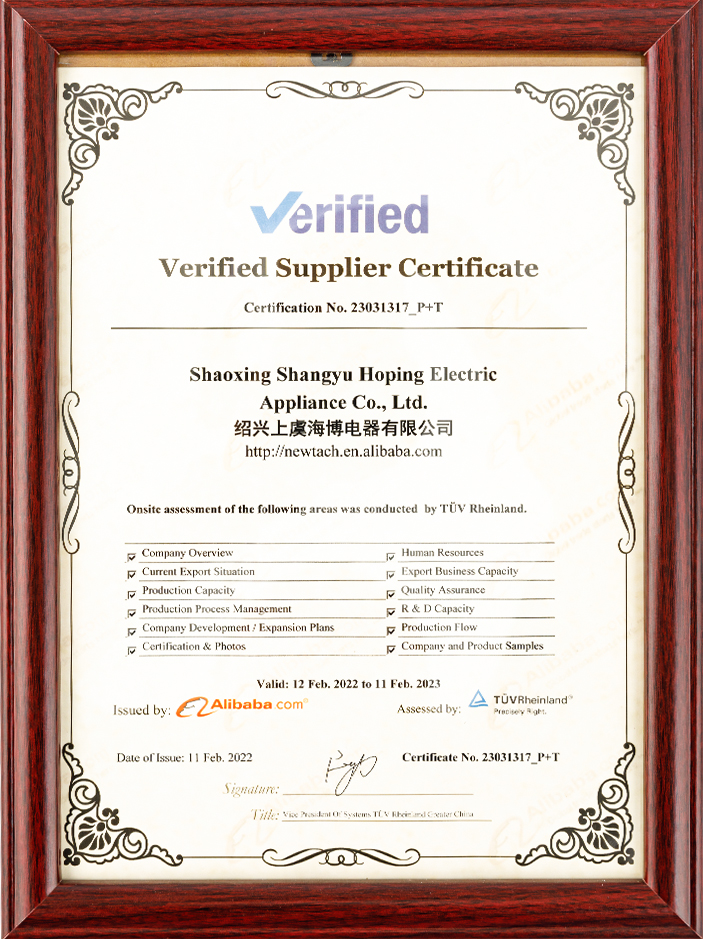
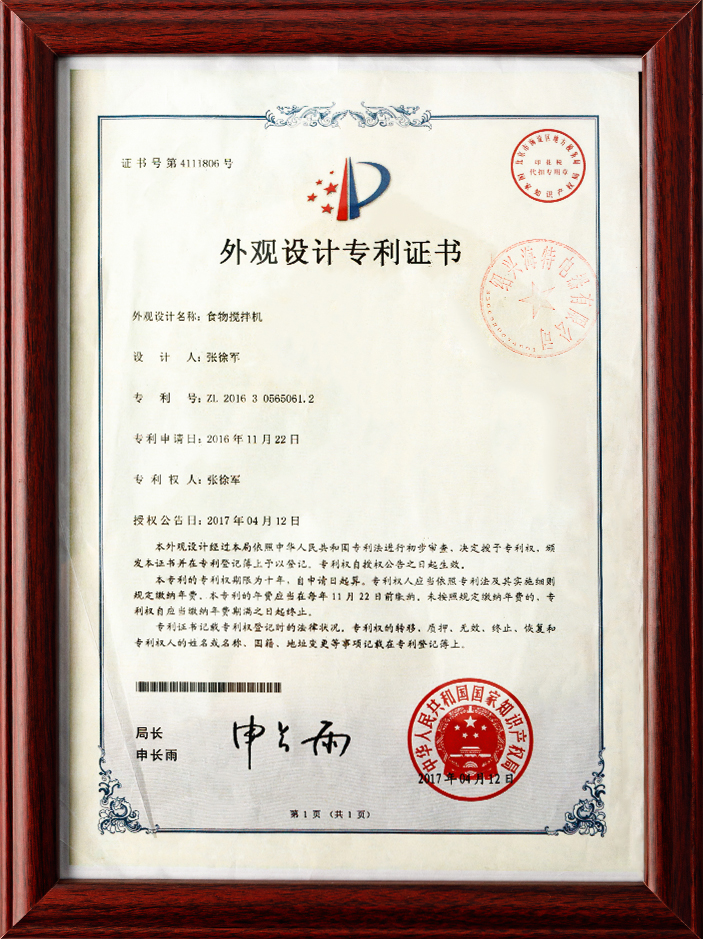
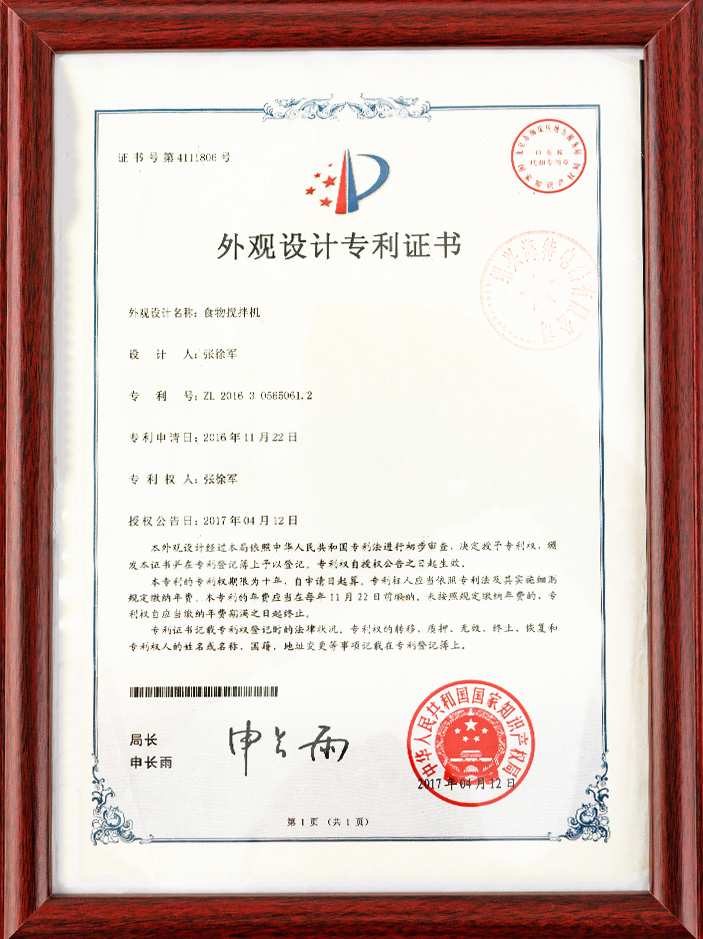
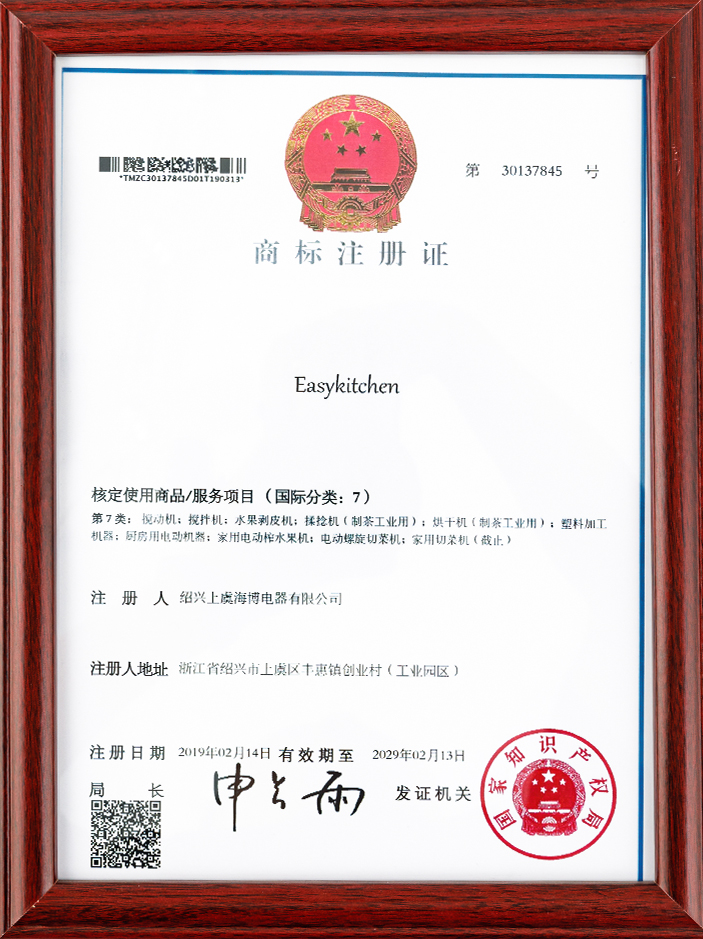
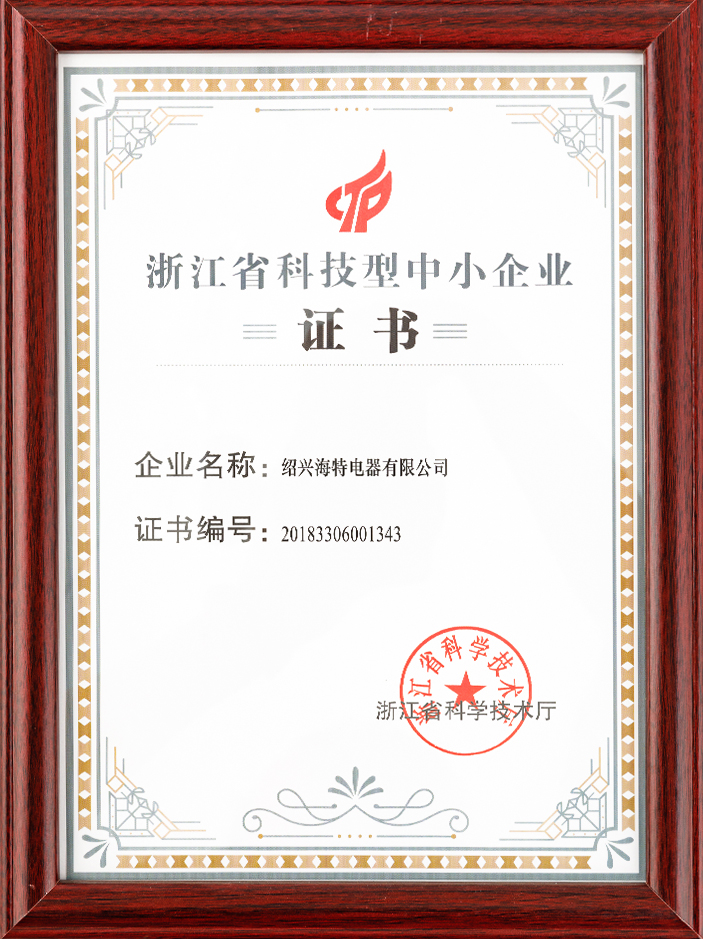
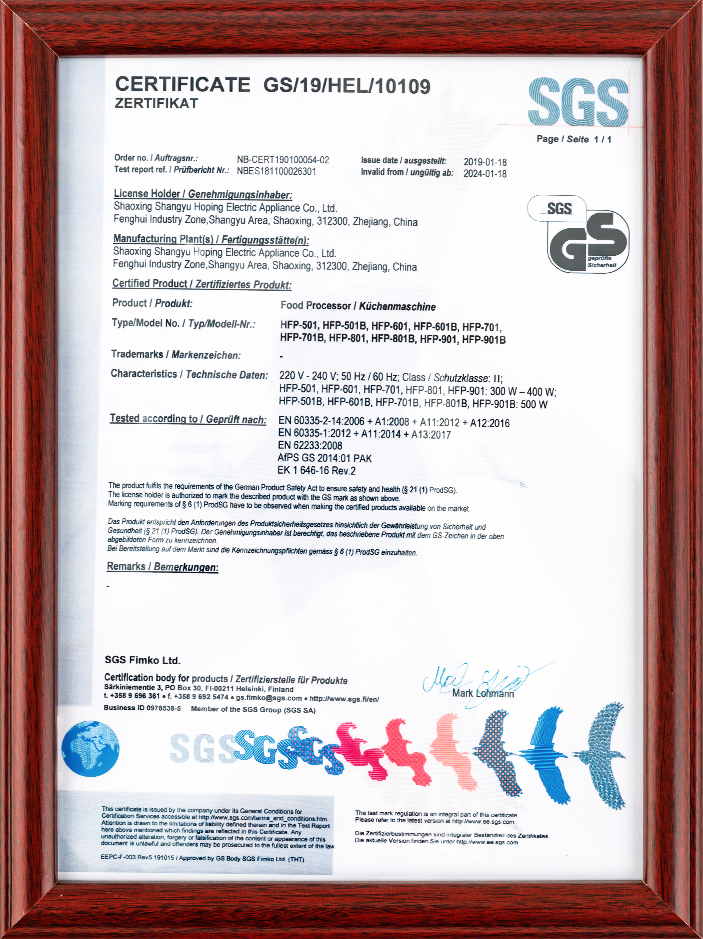





 浙公网安备 33060402001386号
浙公网安备 33060402001386号 